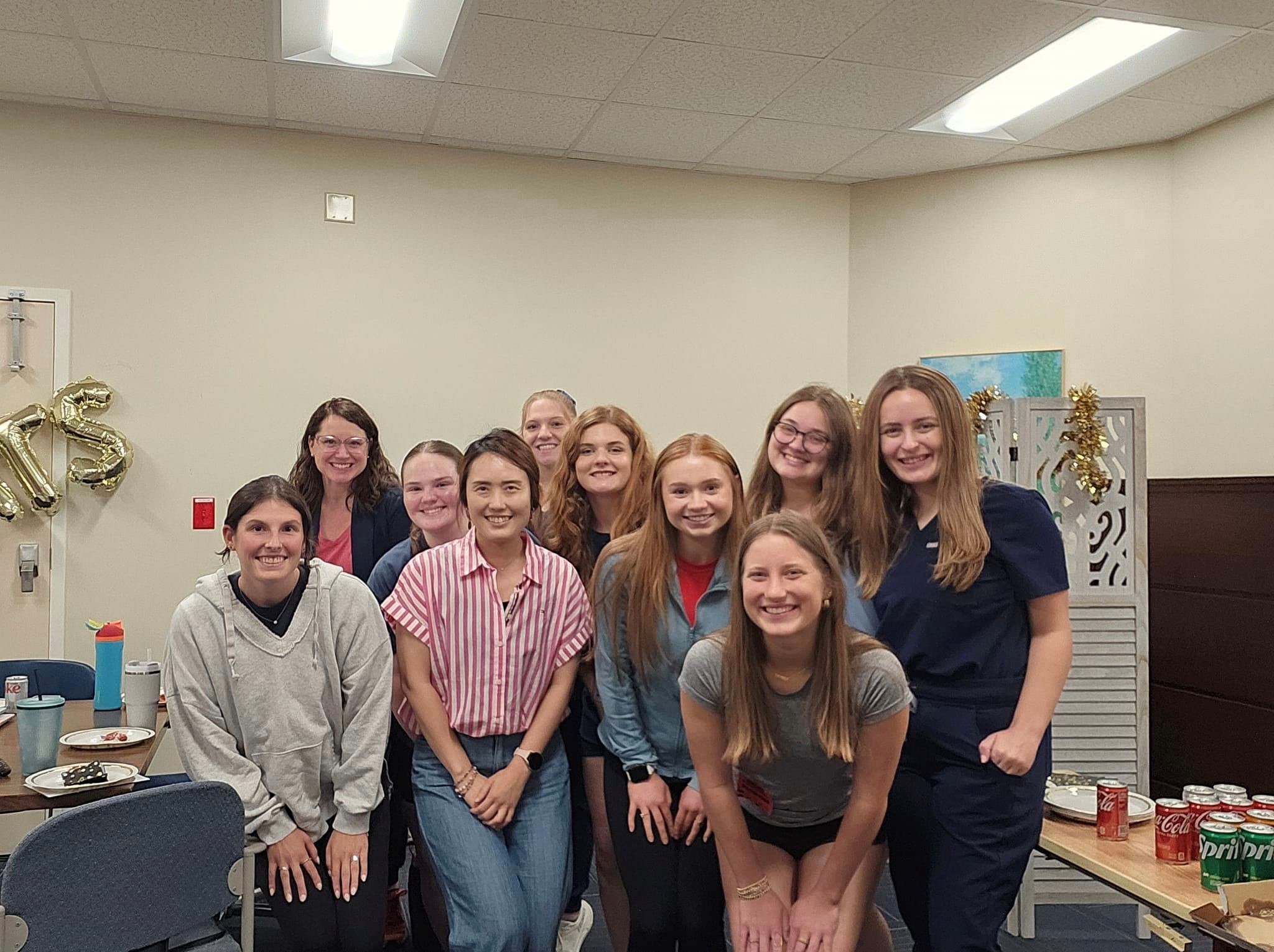Name: Dr. Hyejin Park
Roles: Assistant Professor and Director of the CLEAR Lab
Affiliation: University of Mississippi

Dr. Park recently received the 2024 New Century Scholars Research Grant for the multisite project, Evaluation of Multimodal Communication Treatment with Discourse via Telepractice for People with Aphasia.
This project adopted previous Multimodal Communication Treatment (MCT) training functional communication skills using various communication modalities (e.g., gestures and drawing) to increase communication success in people with aphasia. The current project expands MCT by including a discourse level and implementing in telepractice (teleMCT+D) to increase ecological validity and accessibility. The study first aims to evaluate its effectiveness internally by the investigators. Then the second aim is to investigate the treatment effects by unfamiliar raters, which represent the communication success outside the clinic. In addition, the current study will be one of a few that provide evidence of the feasibility and effectiveness of telepractice for functional communication treatment using non-verbal modalities in people with aphasia. Positive evidence of telepractice will increase accessibility to people with aphasia who have limited resources to receive face-to-face service.
Tell us about how you began working with people with neurogenic communication disorders.
My background was in Korean language and literacy, which I enjoyed very much, but also questioned how I use my knowledge to help people and the world. When I was introduced to the area of speech-language pathology by my college professor, I was fascinated by how the brain functions and how it impacts language. The topic of neurogenic communication disorders has always been my passion since then. When I started working in the clinic, I became empathetic to this population and wanted to help their communication. Since I have been involved in this area, I have thoroughly enjoyed working with this population and learning and researching neurogenic language disorders.
What do you enjoy about being an ANCDS member?
ANCDS presents interesting topics and meetings that lead to significant research and clinical topics in the field. I enjoy the active community, wonderful support, and collaborative opportunities in this group.

What other projects is your lab working on?
We have a branch project as the extension version of the teleMCT+D. This project provides teleMCT+D protocols in Korean to serve Korean speakers with aphasia in the U.S. (teleMCT-K). Many first-generation immigrants use their mother language as a primary language and need to continue using it with their family and friends. This population often faces limited resources and speech services after a stroke or other brain injury. Our project of teleMCT-K aims to serve people with aphasia who want to improve their Korean communication skills. Further, the non-verbal modality training (gestures and drawing) is less cultural and language-specific and can increase communication success with English speakers in U.S. society. This project emphasizes the person-centered approach focusing on the participant’s needs and supports the ASHA standards of diversity, equity, and inclusion (DEI). We were recently also awarded a Grant Program for Projects on Multicultural Activities from ASHA to support this project. We are currently enrolling participants, so please spread the word to any interested participants.
